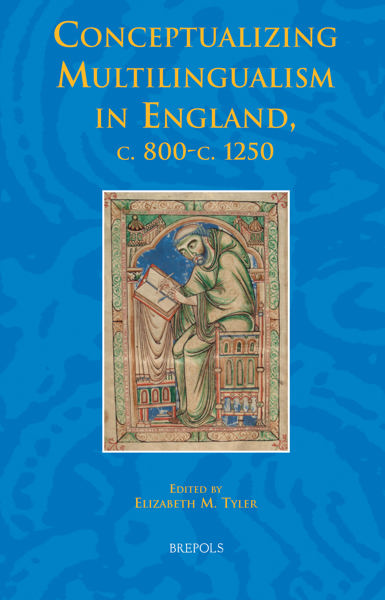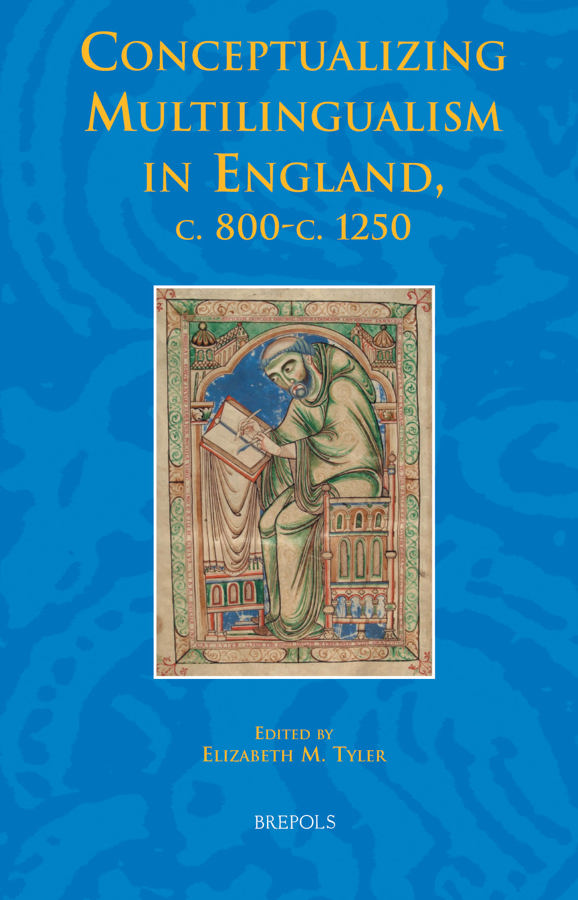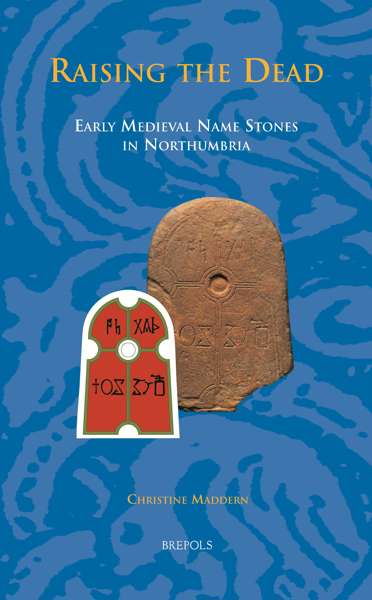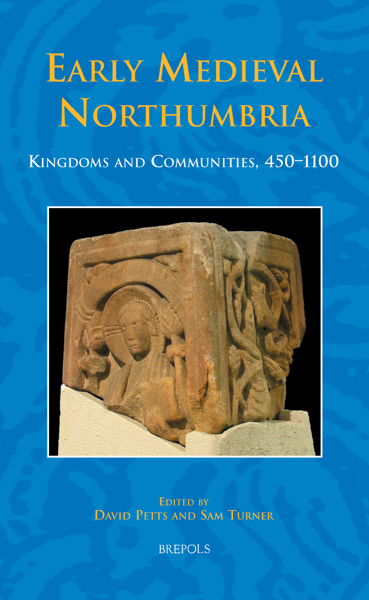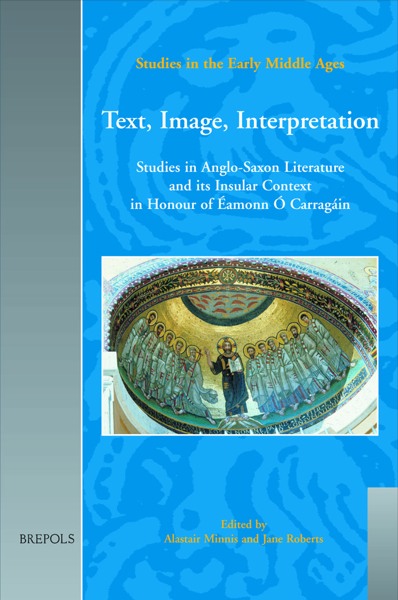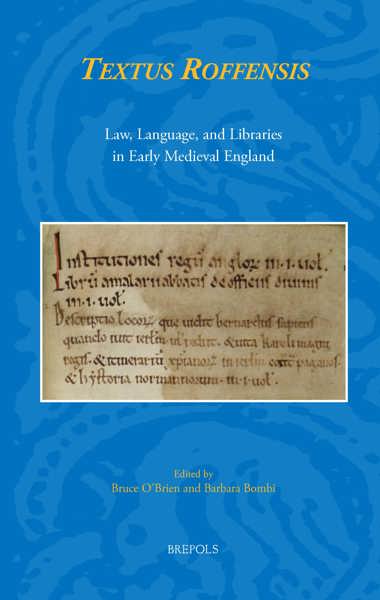
Conceptualizing Multilingualism in England, c.800-c.1250
Elizabeth M. Tyler (ed)
- Pages: xi + 368 p.
- Size:156 x 234 mm
- Illustrations:1 b/w, 10 tables b/w.
- Language(s):English, Greek, Phonetic
- Publication Year:2012
- € 95,00 EXCL. VAT RETAIL PRICE
- ISBN: 978-2-503-52856-4
- Hardback
- Available
- € 95,00 EXCL. VAT RETAIL PRICE
- ISBN: 978-2-503-53964-5
- E-book
- Available
"The cumulative evidence of these excellent essays certainly demonstrates the overlap and long-term coexistence of many languages in pre- and immediately post-Conquest England. The contributors mine a remarkably rich variety of sources, so it is disappointing that this revelatory book has no index." (Elizabeth Archibald, in: Journal of English and Germanic Philology, Vol. 113, No. 4, Oct. 2014, p. 521)
"The essays themselves (...) are an excellent contribution to scholarship, and will act as models for further investigations of multilingualism in an historical perspective." (Joshua Brown, in: Parergon, Volume 30, Number 2, 2013, p. 255-256)
Throughout the period 800–1250, English culture was marked by linguistic contestation and pluralism: the consequence of migrations and conquests and of the establishment and flourishing of the Christian religion centred on Rome. In 855 the Danes ‘over-wintered’ for the first time, re-initiating centuries of linguistic pluralism; by 1250 English had, overwhelmingly, become the first language of England. Norse and French, the Celtic languages of the borderlands, and Latin competed with dialects of English for cultural precedence. Moreover, the diverse relations of each of these languages to the written word complicated textual practices of government, poetics, the recording of history, and liturgy. Geographical or societal micro-languages interacted daily with the ‘official’ languages of the Church, the State, and the Court. English and English speakers also played key roles in the linguistic history of medieval Europe. At the start of the period of inquiry, Alcuin led the reform of Latin in the Carolingian Empire, while in the period after the Conquest, the long-established use of English as a written language encouraged the flourishing of French as a written language. This interdisciplinary volume brings the complex and dynamic multilingualism of medieval England into focus and opens up new areas for collaborative research.
Introduction. England and Multilingualism: Medieval and Modern - ELIZABETH M. TYLER
Multiliteralism in Anglo-Saxon Verse Inscriptions - THOMAS A. BREDEHOFT
Writing the Mother Tongue in the Shadow of Babel - NICOLE GUENTHER DISCENZA
Translating Technical Terms in Law-Codes from Alfred to the Angevins - BRUCE O’BRIEN
Multilingualism at the Court of King Æthelstan: Latin Praise Poetry and The Battle of Brunanburh - SAMANTHA ZACHER
Abbo of Fleury in Ramsey (985–987) - ROGER WRIGHT
Byrhtferth’s Enchiridion: The Effectiveness of Hermeneutic Latin - REBECCA STEPHENSON
Negotiating Welshness: Multilingualism in Wales Before and After 1066 - HELEN FULTON
Crossing Conquests: Polyglot Royal Women and Literary Culture in Eleventh-Century England - ELIZABETH M. TYLER
Cnut’s Poets: An Old Norse Literary Community in Eleventh-Century England - MATTHEW TOWNEND
‘The English’ and ‘the Irish’ from Cnut to John: Speculations on a Linguistic Interface - JULIA CRICK
Multilingualism, Social Network Theory and Linguistic Change in the Transition from Old to Middle English - JUAN CAMILO CONDE-SILVESTRE AND MA DOLORES PÉREZ-RAJA
Linguistic Contiguities: English Manuscripts 1060–1220 - ORIETTA DA ROLD AND MARY SWAN
The Making of Domesday Book and the Languages of Lordship in Conquered England - STEPHEN BAXTER
Roman Past and Roman Language in Twelfth-Century English Historiography - LARS BOJE MORTENSEN
Can an Englishman Read a Chanson de Geste? - ANDREW TAYLOR
Anglo-Norman Multiculturalism and Continental Standards in Guernes de Pont-Sainte-Maxence’s Vie de Saint Thomas - THOMAS O’DONNELL
Intra-textual Multilingualism and Social/Sociolinguistic Variation in Anglo-Norman - DAVID TROTTER
